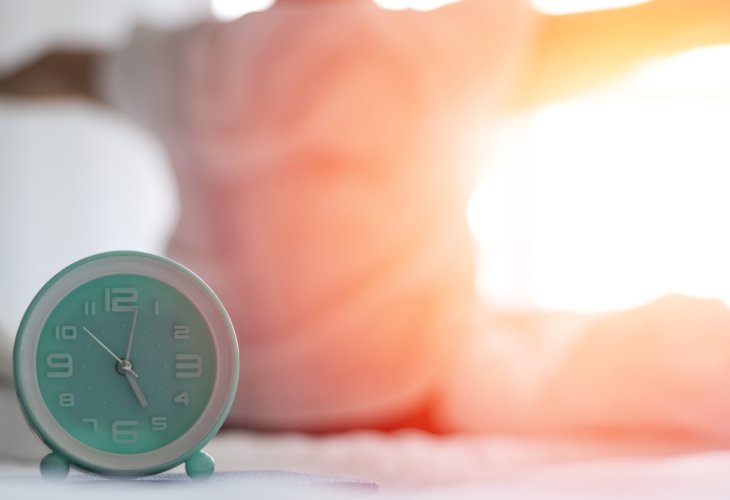Beginners Guide
How Is the Biological Clock Related to Our Ability to Focus During Prayer?
It is important to understand our mental biological clock and incorporate it into serving Hashem.
 (Photo: shutterstock)
(Photo: shutterstock)Different people have different mental "frequencies," and what suits one person does not necessarily suit another. Without recognizing our personality differences, finding the path to true intention is unlikely.
Each of us has a different biological clock, which determines the peak and low times of our mental functioning. Everyone reaches their functional abilities at different times of the day: some are morning people, and others are night owls; some perform best until noon, while others only begin to focus at that time.
It's important to know our mental biological clock so that when possible, we can adjust our daily schedule to be at our peak functioning when we truly need it. Tasks requiring mental concentration, such as studying, writing, or precision-demanding work, should be reserved for our optimal times. A "morning person" shouldn’t squander peak cognitive hours on shopping but should save such errands for later in the day. During our best hours, we can focus better, maintain concentration, and succeed in tasks that might take much longer at other times. This can be compared to someone trying to enter an office building at night. Since everything is locked, they need to call the security guard, who contacts the supervisor, who needs approval. If they arrived a few hours later, the door would open smoothly without any issues. Our goal is to find those times when things work well for us and to focus our efforts there.
You can identify your ideal times through a few simple actions. For two weeks, fill out a special form every hour, answering the following questions: the time of day, your energy level, concentration, and motivation on a scale from one to ten. During this period, it is recommended not to consume caffeine to ensure the results are not influenced by external factors. Once you gather the information, you will see your peak times and less effective periods. As mentioned, during the best hours, it's advisable to engage in tasks demanding significant mental effort, and to rest during the tougher times (those who can will greatly benefit from a 25-minute nap during challenging hours), or partake in relaxing activities.
How can we apply this to prayer? Prayer times are predetermined by halacha and cannot be changed based on individual biological clocks. However, because most people are morning-oriented it is advisable to find a minyan at a time that matches your biological clock. While it is a mitzvah to pray at sunrise, if early morning consistently doesn't work for you, trying a later minyan where you are in a better mental state may be more beneficial. Also, many contemporary rabbis allow drinking hot beverages before prayer and, if necessary, eating something light to aid concentration in prayer (as one rebbe once said, "It's better to eat to pray than to pray to eat...").
Additionally, invest more in prayer during your optimal biological clock hours. I know someone who can concentrate much better at night and he therefore invests his main focus on the evening prayer and succeeds in focusing particularly during these hours when others are already tired.
It is crucial to recognize our mental biological clock and consider it in serving Hashem. The more we align our daily schedule with our internal clock, the simpler and easier it will be to serve Hashem.

